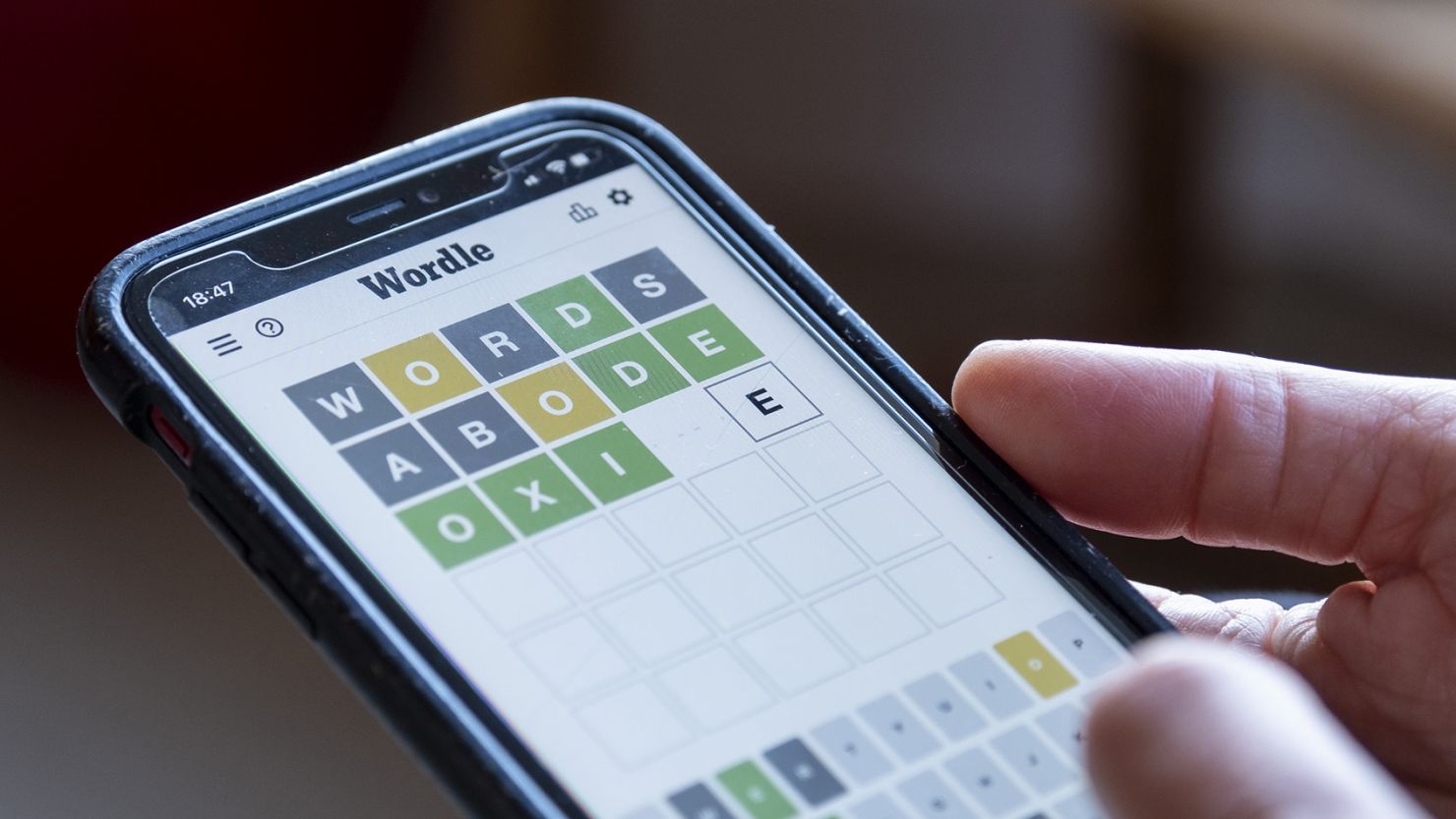The endless permutations of five-letter words took over the internet in 2022 as the online puzzle game Wordle dominated social media feeds, pop culture and even determined the Cambridge Dictionary’s word of the year.
“Homer” was looked up on the Cambridge Dictionary website more than 79,000 times this year, with 65,401 searches taking place in one day – May 5.
The reason? That was the day it was the Wordle answer, provoking frustration from non-American users unfamiliar with the term as they attempted to secure a win by guessing the word within the game’s six-guess limit.
“Homer” is an informal American-English term for a home run in baseball, Cambridge Dictionary said in a news release Wednesday. Others might know it as the name of a Simpsons character or an ancient Greek poet.
“Many players outside the US had not heard this word before,” added the news release. “Huge numbers of players expressed their frustration and annoyance on social media, but many also turned to the Cambridge Dictionary to find out more.”
“Still angry about ‘homer,’” one person tweeted on May 31. “It’s been weeks now. Furious.”
The ‘Wordle effect’
There were several other American-English words that appeared on Wordle and later spiked in searches on the Cambridge Dictionary website – described by the dictionary’s news release as the “Wordle effect.”
The American spelling of “humor” saw increased traffic, with almost 30,000 searches on the day it was the Wordle answer, while more unusual words like “caulk” and “bayou” were also searched thousands of times.
Cambridge Dictionary’s choice for word of the year illustrates the popularity of a simple game that could be shared online when global pandemic restrictions limited social interactions for millions.
“Perhaps it’s no wonder that people enjoy the focus and mental challenge of a simple word game that can be a shared experience with family and friends, whether they’re physically together or not, at a time of volatility and prolonged recovery from a global pandemic,” Wendalyn Nichols, from the Cambridge Dictionary, said in the release.
“Even the complaints about the choice of words seem to be part of the fun.”
After Wordle’s viral popularity, it was bought by the New York Times and drove the best ever quarter for net subscriber additions to its games sections, CEO Meredith Kopit Levien said in the earnings release in May.

